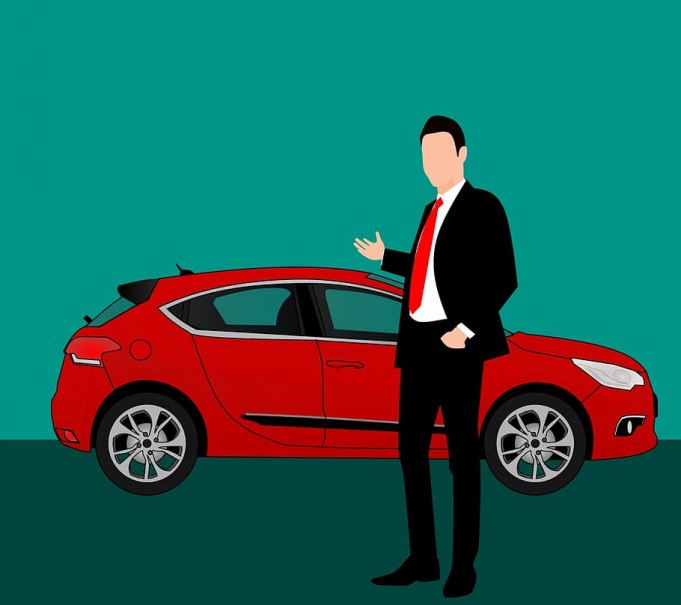How to Effectively Finance Your Car for the Best Benefits
Buying or financing a car must be done effectively. There are many options, and other things to consider, such as the monthly costs you will incur to keep the vehicle. In this article, we discuss how to effectively finance your car and give you advice on certain benefits.
Use cash when buying a car
The most effective way to finance your car for the best benefits is to fund all of it in cash, as you will have to pay interest on finance. If you decide to use cash, remember, make sure you have enough savings after you have paid for your car. Moreover, if you don’t have enough savings, use what you can afford for a down payment. Even if some of the car has to be paid on credit, you benefit from credit card purchase protection.
Buying a car using a personal loan
You can get a personal loan from a bank, or finance provider if your credit rating is good. However, make sure the loan is not secured against your home. Similarly, you’ll be putting your home at risk if you fail to keep up with repayments. Moreover, shop around for the best interest rate, which includes other charges you have to pay on top of the interest.
Pros
- The cheapest alternative to buying with cash.
- Can be arranged over the phone, or face-to-face.
- The whole cost of the car is covered.
- Get a competitive fixed interest rate.
Cons
- You might have to wait for the funds being available immediately.
- Other borrowings might be affected.
- Monthly costs can be higher than with other options.
- Hire purchase to finance a new car
However, hire purchase is a way of buying a car, where the loan is secured against the car. You’ll need to pay a deposit of around 10% and then make fixed monthly payments. However, hire purchase agreements are convenient to arrange and can be very competitive for new cars.
Pros
- Easy to arrange.
- Low deposit, only 10%
- Flexible repayment from 12 to 60 months
- Competitive fixed interest rates.
Cons
- You don’t own the car.
- Tends to be more expensive for short-term agreements.
Personal Contract Purchase (PCP)
This type of car finance is similar to a hire purchase but you make lower monthly payments. Keep in mind that the total amount of money you’ll pay back is often higher than the price of the car. Instead, you get a loan for the difference between its price, brand new and the predicted value of the car. Moreover, this is based on a forecast of annual mileage over the term at the end of the hire agreement.
At the end of the term you can:
- Trade the car in and start all over again.
- Hand back the car and pay nothing.
- Pay a final payment, of the resale price of the car and keep it.
Pros
- Lower monthly payments.
- Low deposit, usually 10%.
- Flexible repayment from 12 to 48 months.
- A choice of what to do at the end of the repayment term.
Cons
- Exceeding the mileage will result in additional charges.
- Excessive wear and tear can mean you’ll pay extra fees.
- The total amount you pay might be more.
- You have to pay the outstanding balance.









